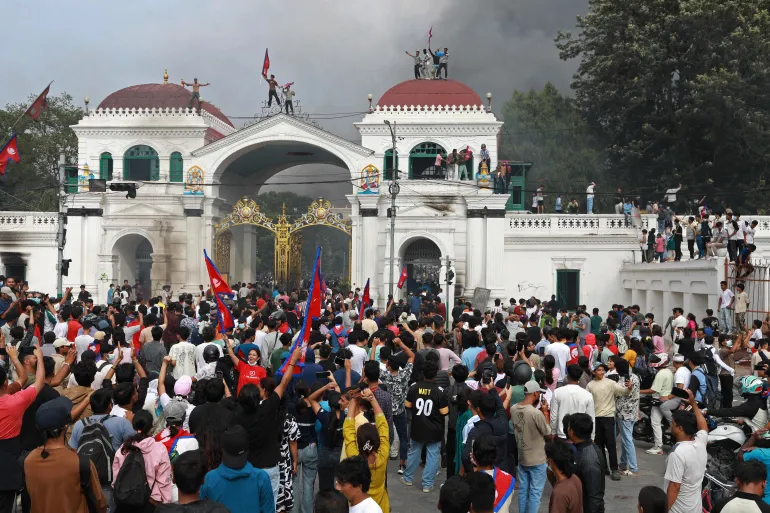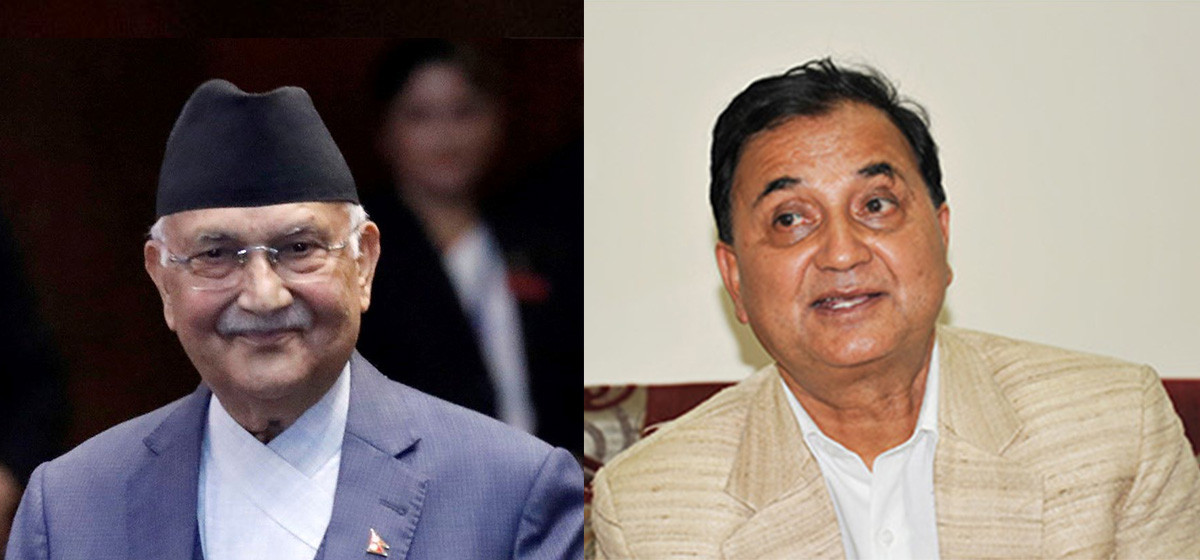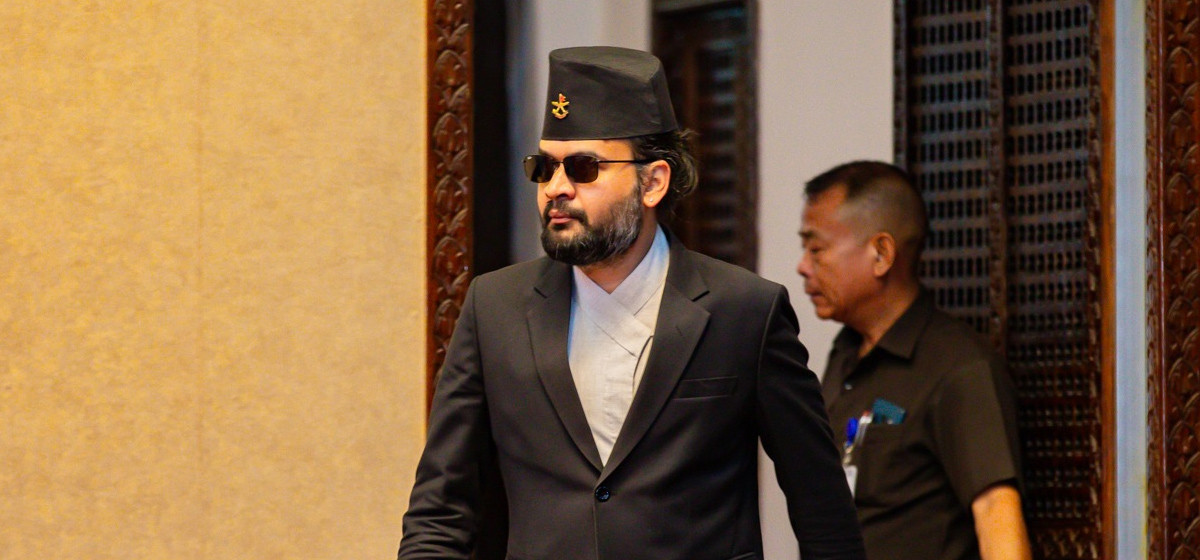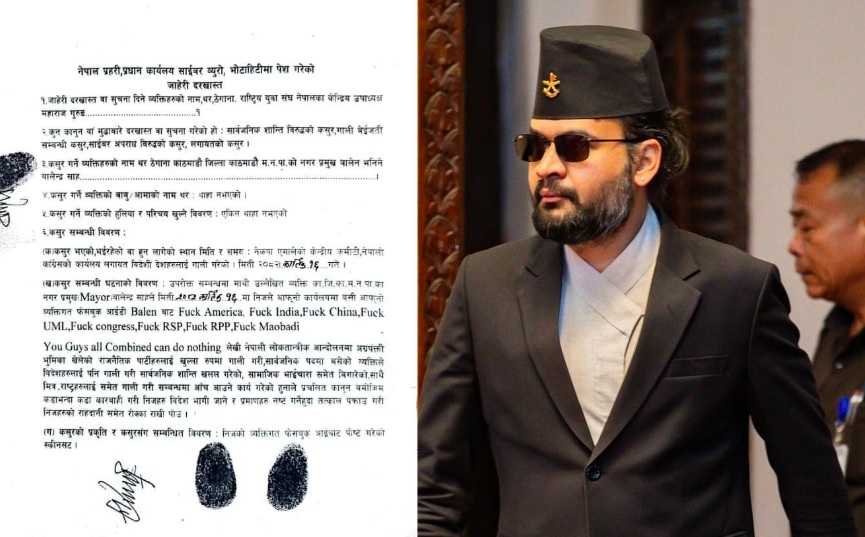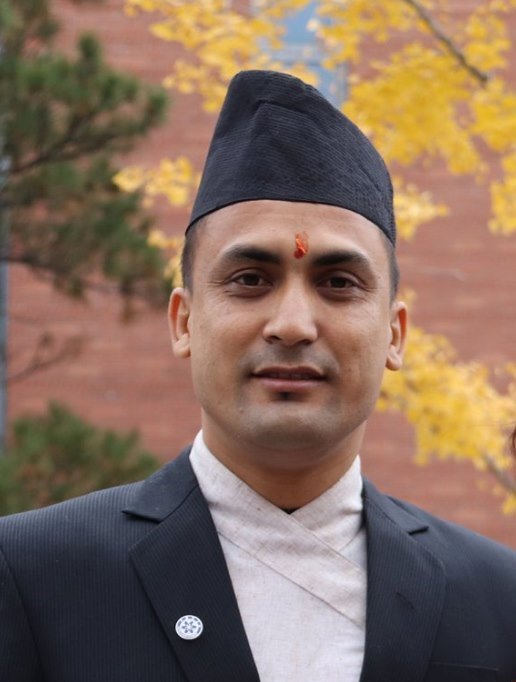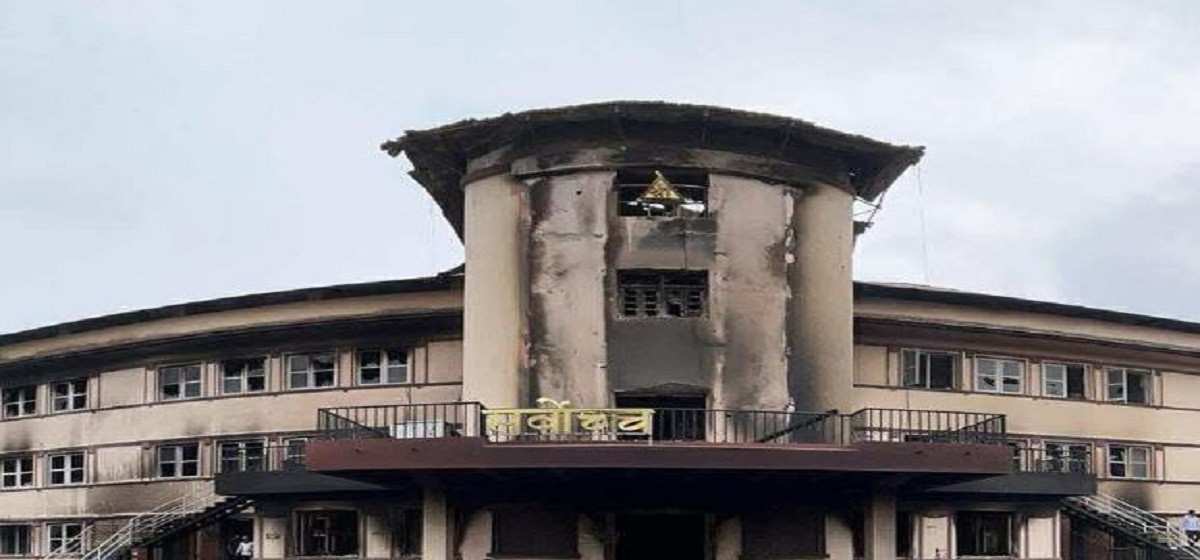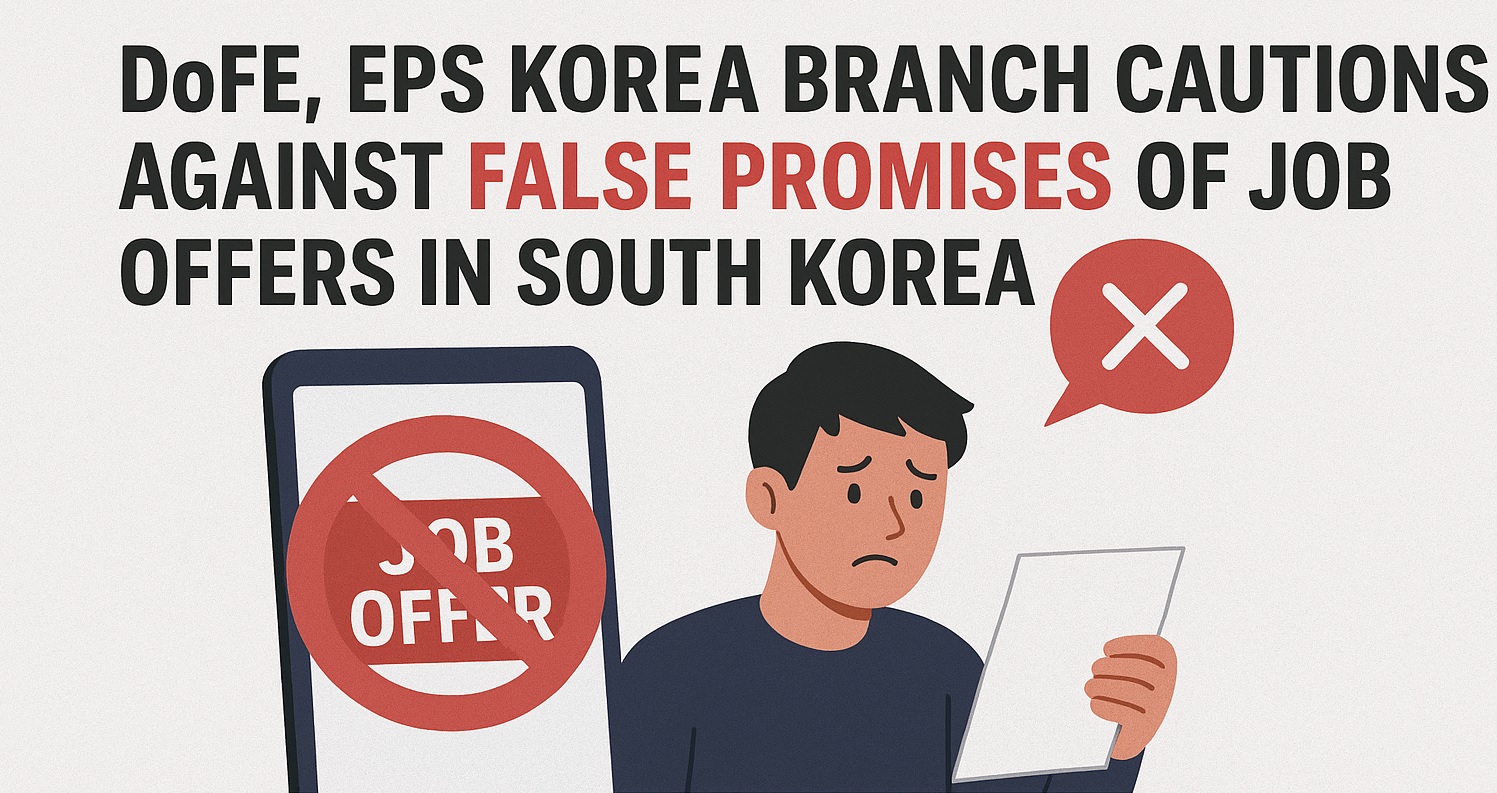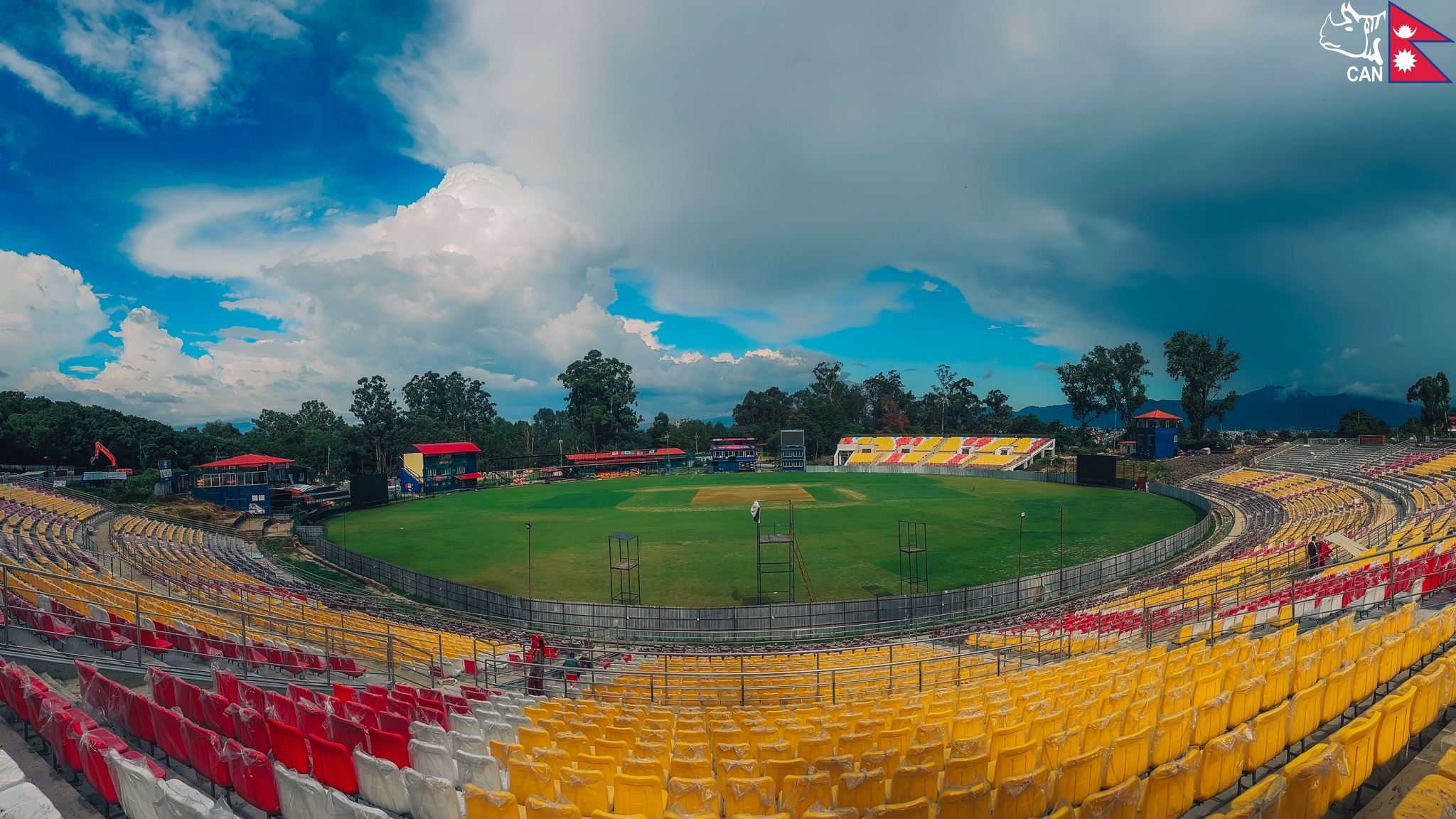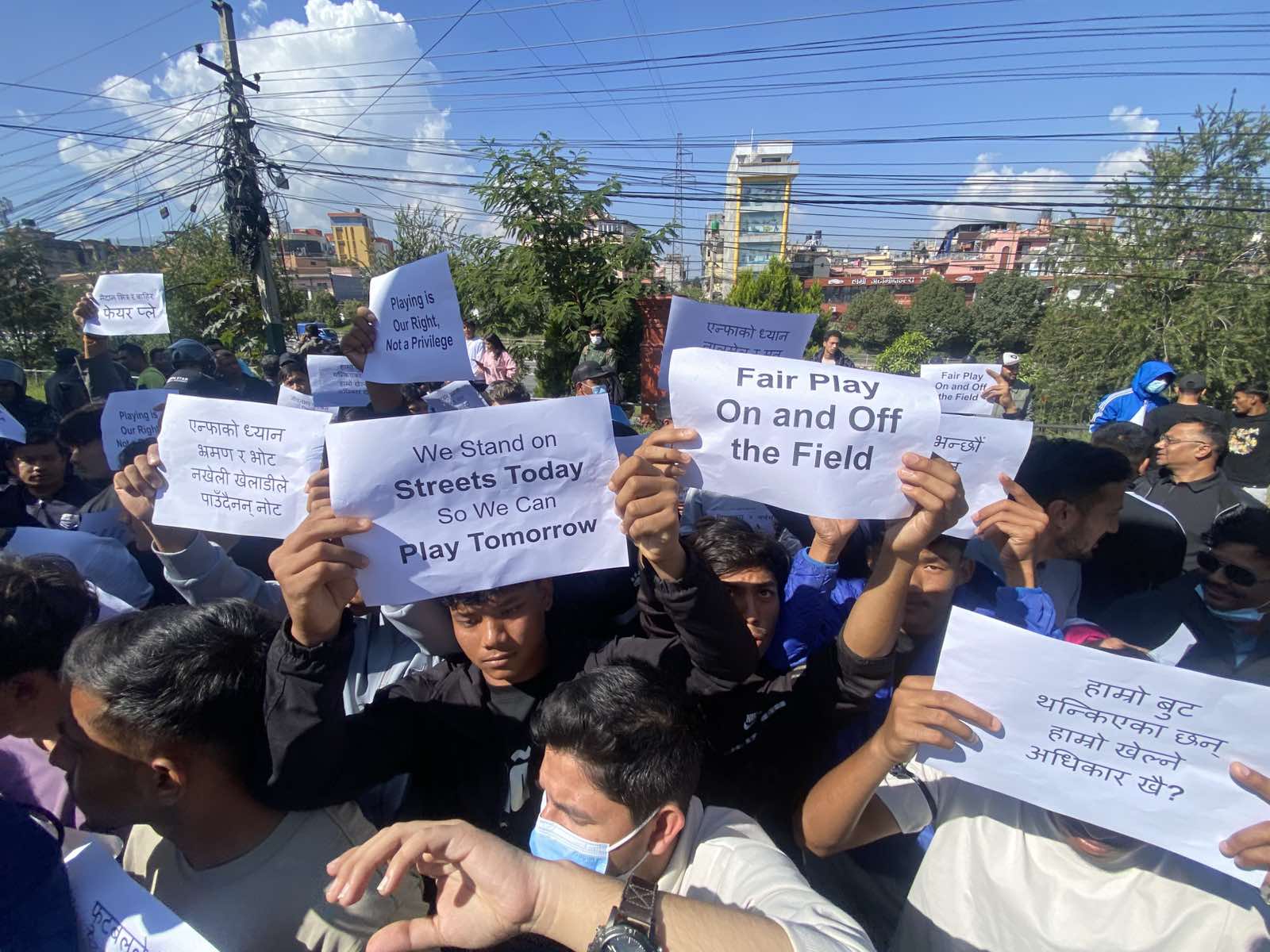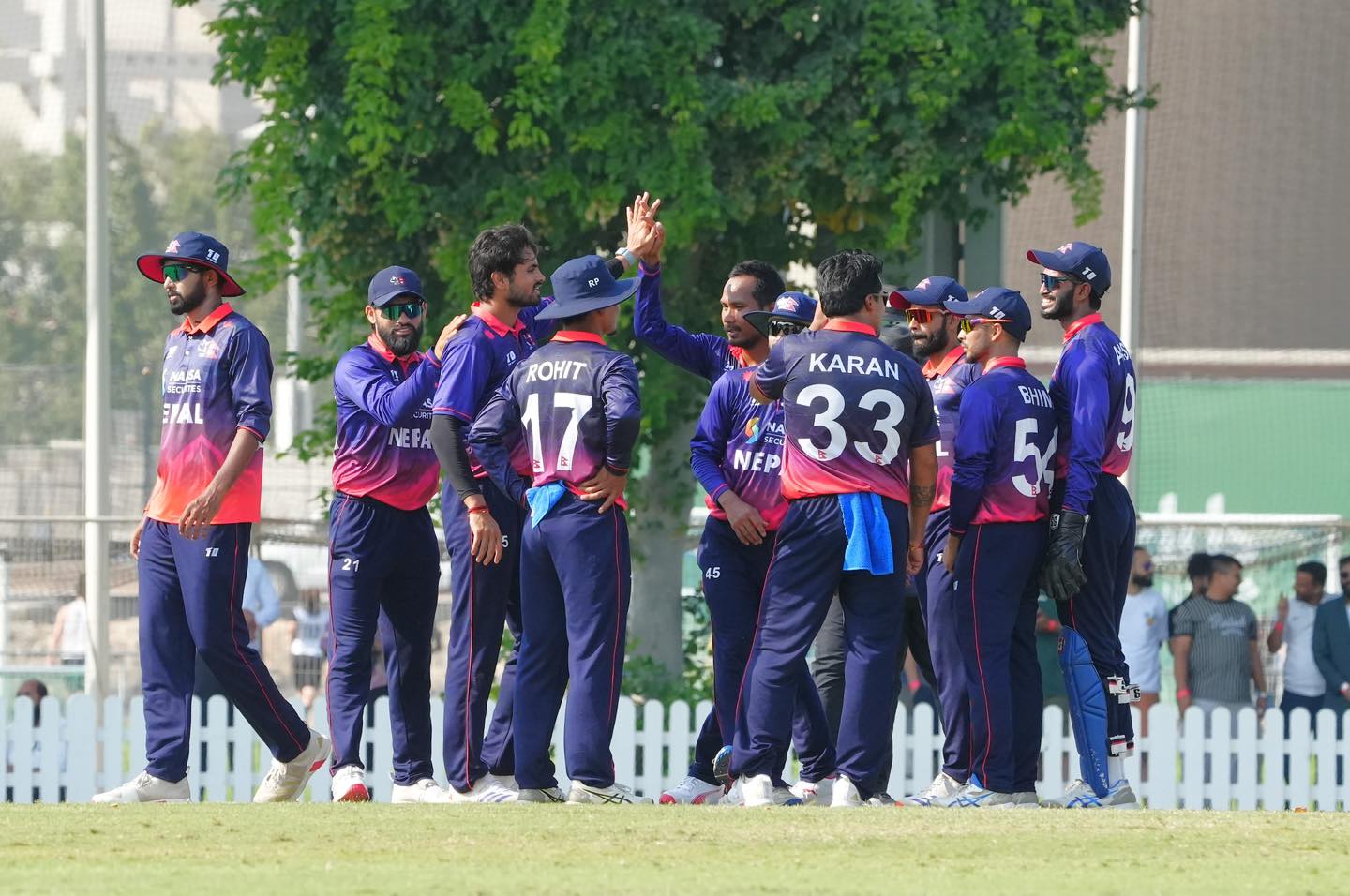Well, in Nepal, we do not get arrested in such cases now. We have freedom of expression. Media is free to criticize the government or politicians to the extent until readers, viewers or listeners get exhausted. Thanks go to the recently established democracy.
Our constitution has protected media. It says no news/articles shall be censored. No press shall be closed or seized for printing any news item, article or other reading material. Constitution´s Article 13 says the registration of newspaper or periodicals shall not be annulled merely for publishing any news item, article, cartoon or other reading material. And, Article 16 has given the right to demand and receive information on any matter of public importance. There are provisions too to knock the authorities´ doors for any type of press offences.
Positive part of our press freedom is that almost every citizen is updated hourly with the information from potato´s price to the number of votes cast in the prime minister´s election. Now, people are more aware than in the past. Media has become a powerful forum for general public to express their personal views and to criticize accountability lapses. Media has been exposing the ground reality of many self-centred top leaders. Public awareness now has become the biggest obstacle to shoddy politicians. This is one of the major reasons behind current political scenario – the largest party securing 40 percent of seats in the parliament made seven unsuccessful attempts to produce 51 percent votes to rule the country. Ultimately, it gave up, as people became aware that their strategic goal was to transform the democratic republic into peoples´ republic as media exposed party chairman´s secret audio and video tapes.
People had so much of faith, affection and optimism in some media. When the country´s largest media house was vandalized by a group of corrupt elements in 2004, there were many visiting people crying as they were hurt badly by the incident. Media played the biggest role in establishing the Democratic Republic of Nepal.
So far as democracy and press freedom are concerned, the entire media sector gets together raising single voice for it. It is an established truth that people´s rights cannot be protected without freedom of expression. And, it is essential in an emerging democratic society like Nepal. Even though journalists get targeted by despotic thoughts, criminals and corrupt elements, some never get discouraged and give up writing about human rights issues and atrocities. Journalists with integrity are now media celebrities and highly-regarded in the society.
Yet, a larger part of the society describes journalism as repulsive. It is simply because journalists and media houses have been ignoring the profession’s ethics.
Since the press card has become ´tractor without borders´, around 5 thousand journalists have registered with the journalists´ federation. Pen has now become a powerful and common tool to fulfil self-interests. But in the sea of journalists, for new publishers, obtaining professionals with integrity is quite like scaling the summit of Mt. Everest.
Most of the newspapers, magazines, internet sites, radios, and television channels present news with slight spin or mild exaggeration to support their own views or to attract readers, listeners, viewers or leaders. The editors are willingly unable to avoid editorializing, that is, putting self-opinion in the headlines. And, the news-writers easily get carried away by personal interests forgetting their primary duty to inform.
Sensationalism and outrageous headlines are not merely to attract readers or for social, financial or political gain but also the result of the lack of basic knowledge of ethics and giving integrity a pass. Every page consists of sensational news/articles. Take for instance a write-up in an esteemed broadsheet: “High-rise apartments are not strong. They are made of cheap cements and bricks. During earthquakes, these buildings will collapse first. So be careful to buy such apartments.” Here, the writer was neither an earthquake expert, nor an architect and not even from quality control authority.
Without in-depth investigation and concerned authorities´ quote, a sensational breaking news scrolls in a TV channel: "Insects found in a juice packet in the market." Cartoons exemplify the entire members of parliament and prime minister as goats. Horrific photo of men burnt to death gets displayed prominently in the main page of esteemed dailies. TV channel telecasts its reporter harassing airport security officer for not letting him enter the runway for news coverage. TV channels air live police operation arresting school children in a dance bar exposing their name and faces forcefully. Radio´s musical program´s host rebukes political leaders and bureaucrats on air almost every day. Radio´s news reader announces "...so far minister (name) has not picked up his mobile number 98510..."
Without mentioning evidence or witness, a daily, in its main news, writes "...editor (name) from (name) newspaper draws 100,000 as salary from the (name) embassy every month." Another displays "scoop photo" of a public figure lying on the bed naked.
To monitor and develop media and journalists, a statutory independent body – Press Council Nepal – was formed by the government in 1957. The body has imposed a code of journalistic ethics to keep entire journalism within its ethical boundary. Victims can file a complaint with Press Council against any journalist or media.
Recently, I suggested a victim to file a case against a newspaper at the Council and also to write a letter to the editor. He promptly replied: "I won´t file a case just for the sake of filing a case and I am afraid to complain against a journalist with a journalist." He added: "I have no option besides keeping quiet."
Political interference (appointments) has limited the Council to remain inactive and unreliable for the victimized. There are 100 dailies, 300 weeklies, more than 100 fortnightlies/monthlies, around 100 radio stations and a dozen TV stations in Nepal. But in 10 years, there were only 239 cases filed at the Council. And, most of the old cases are still under investigation. The numbers itself prove the body’s inefficiency.
Even when it makes major mistakes, the media does not bother to correct them or tender a public apology. The words “accountability” and “credibility” seem to hold no meaning whatsoever. Impunity within the organization has contributed to the loss of people´s faith in media.
In one of her speech, the Malaysian cartoonist´s wife stated that her husband had sent a text message while in custody saying that "authorities could imprison his body, but not his mind." The truth is that Malaysian authoritarian regime has put journalism behind bars. But here in Nepal, journalism has been putting credibility behind bars. In both cases, it is the pen losing power ultimately.
rajeshkc@gmail.com
Taking investigative journalism to new heights








